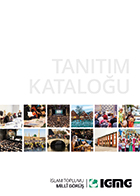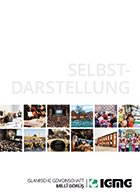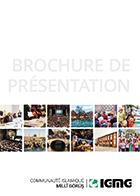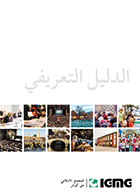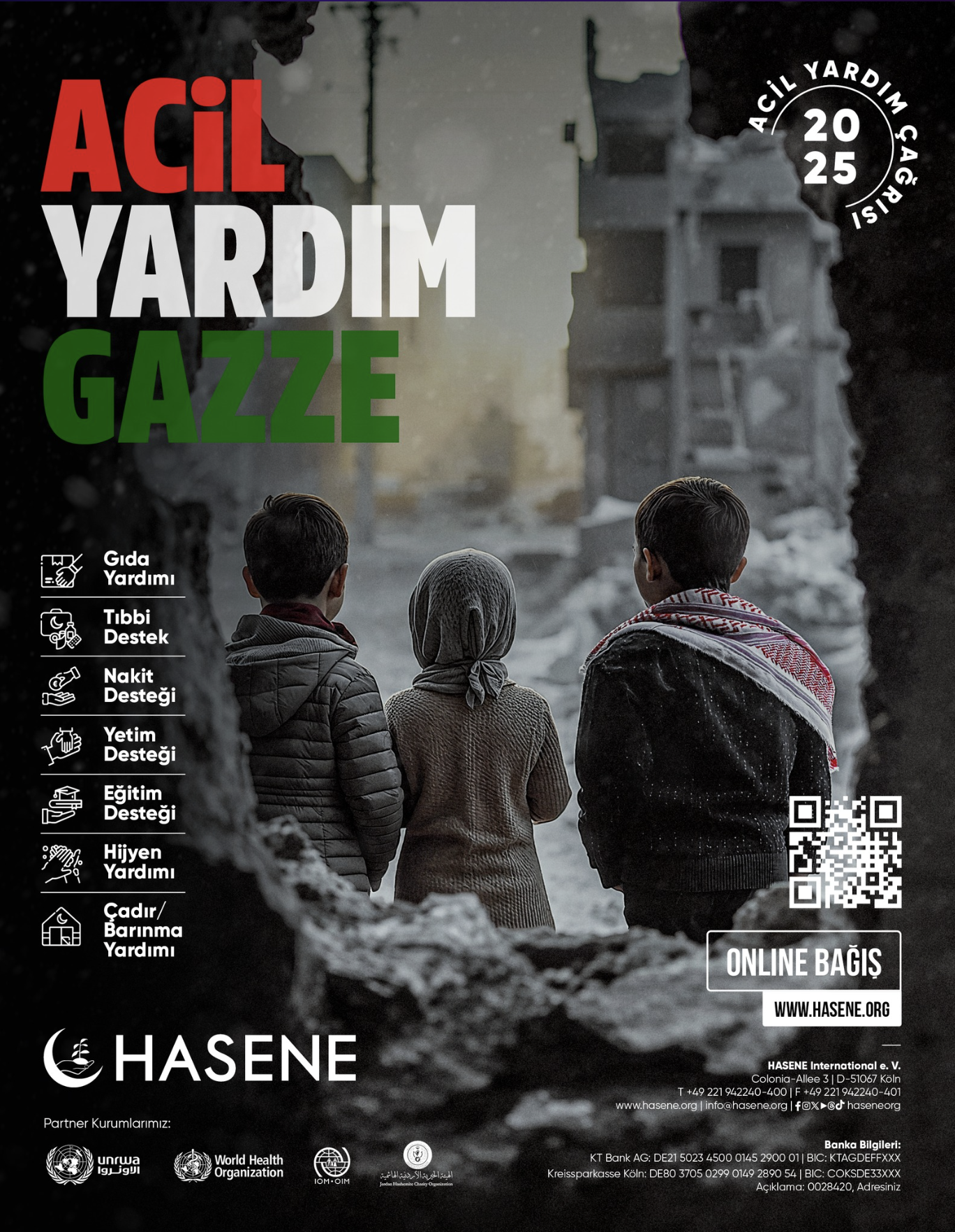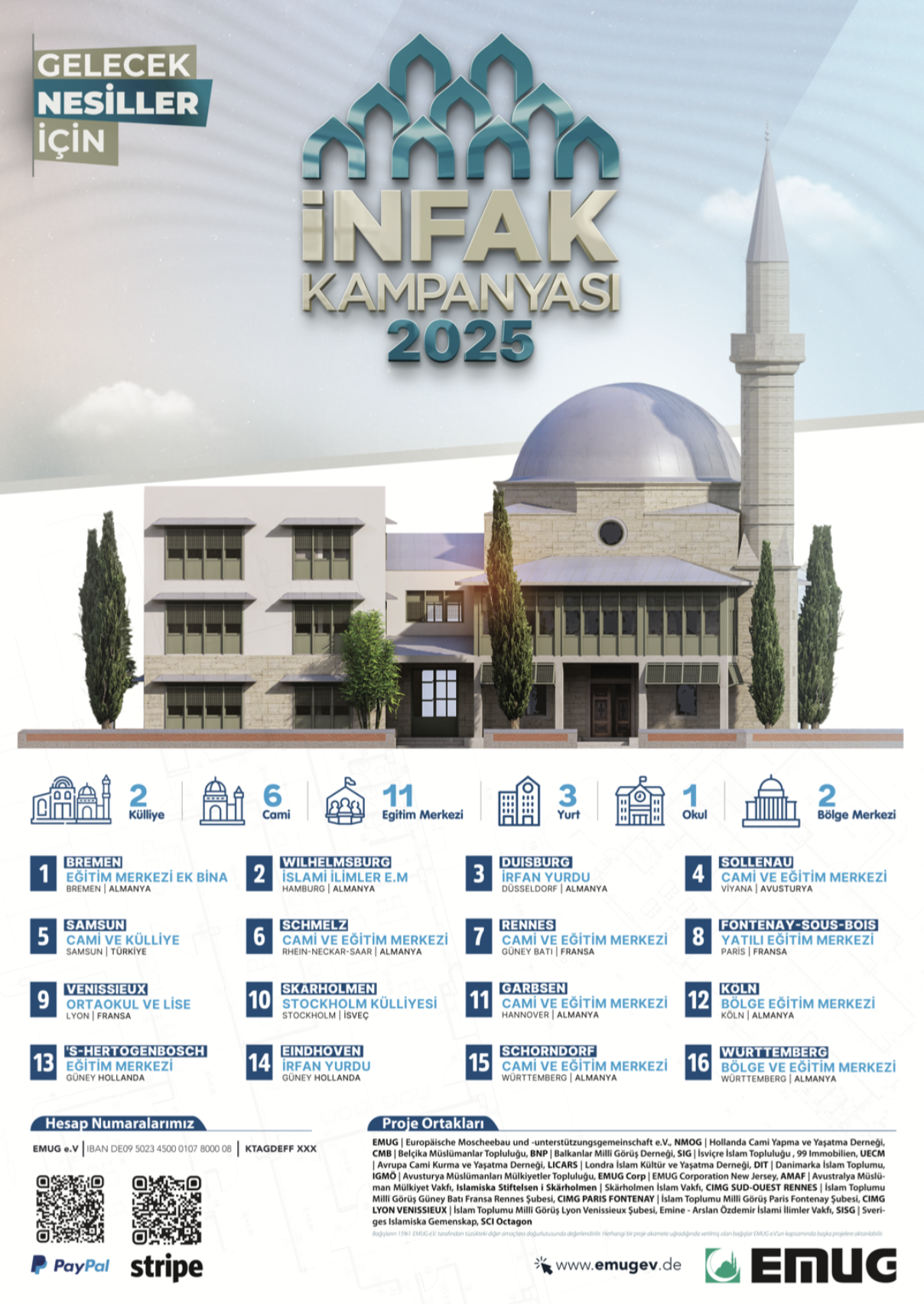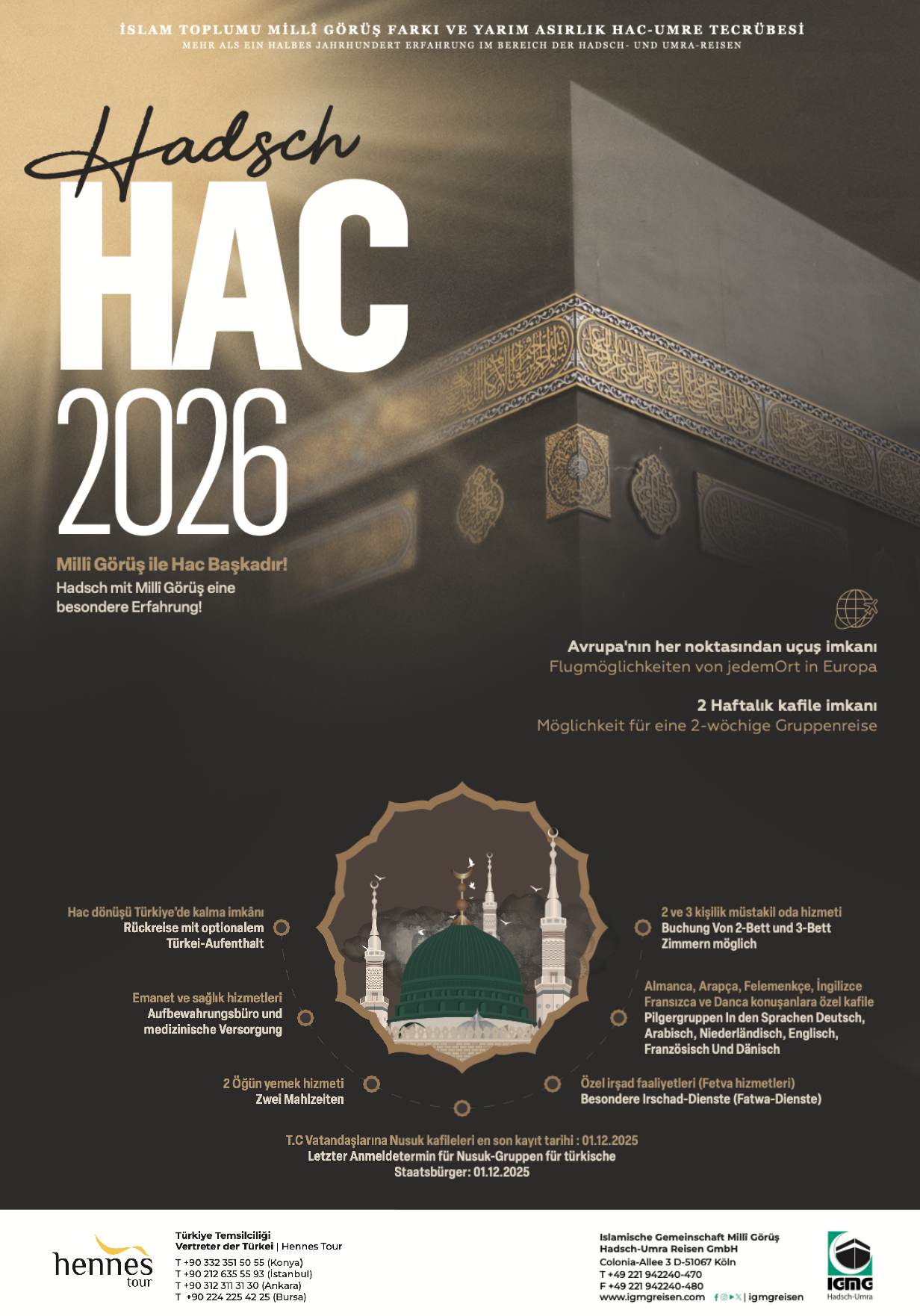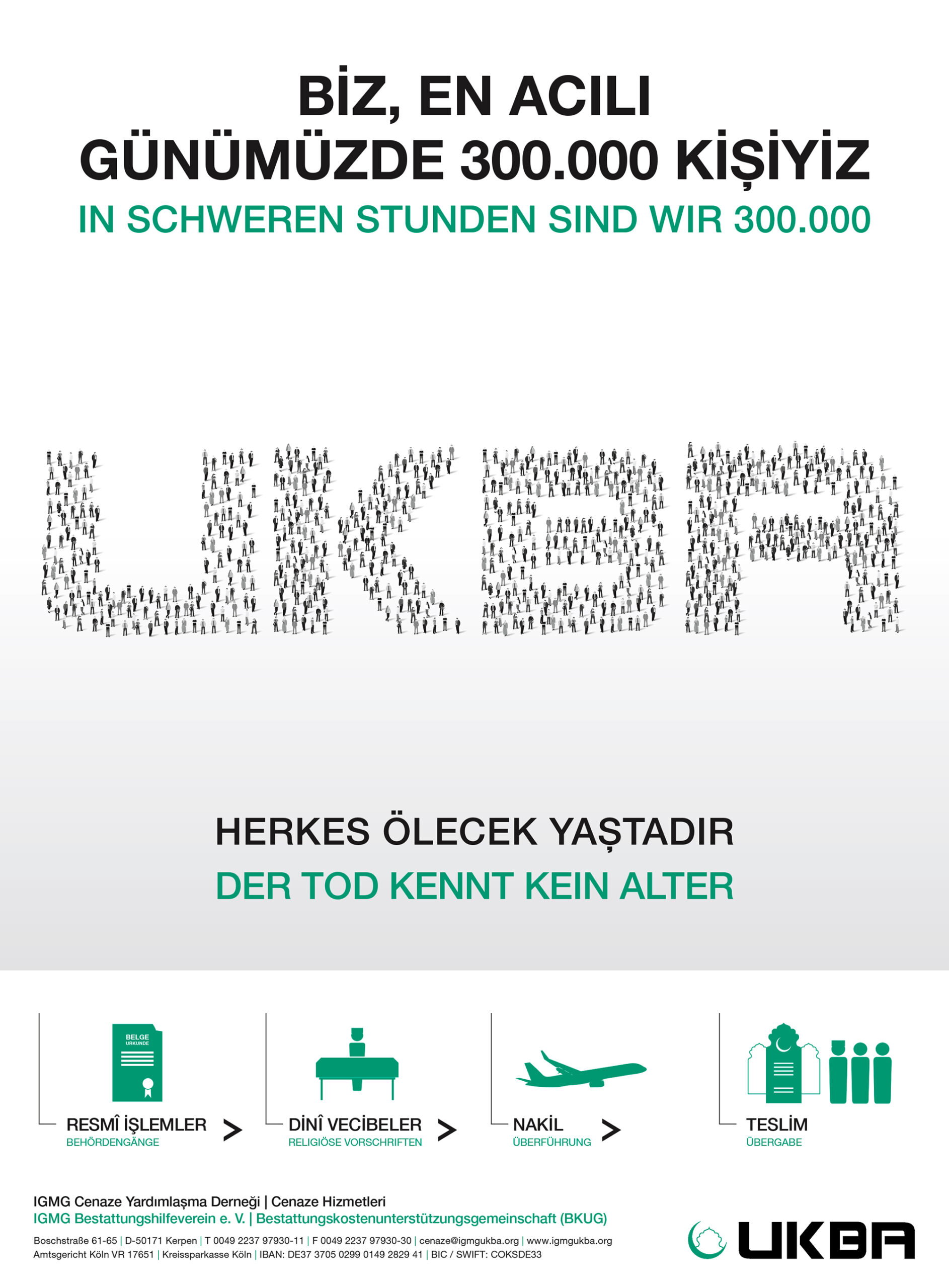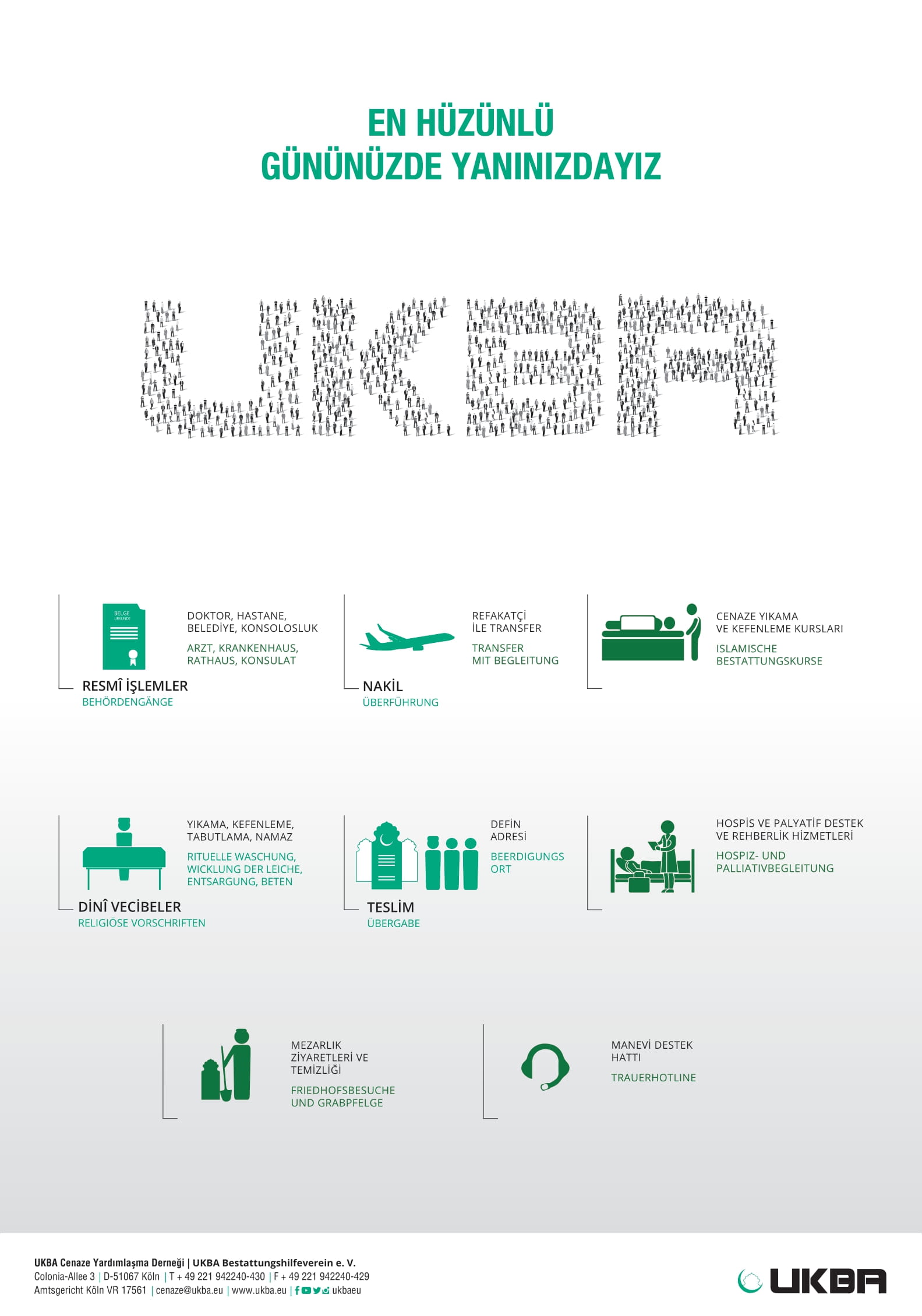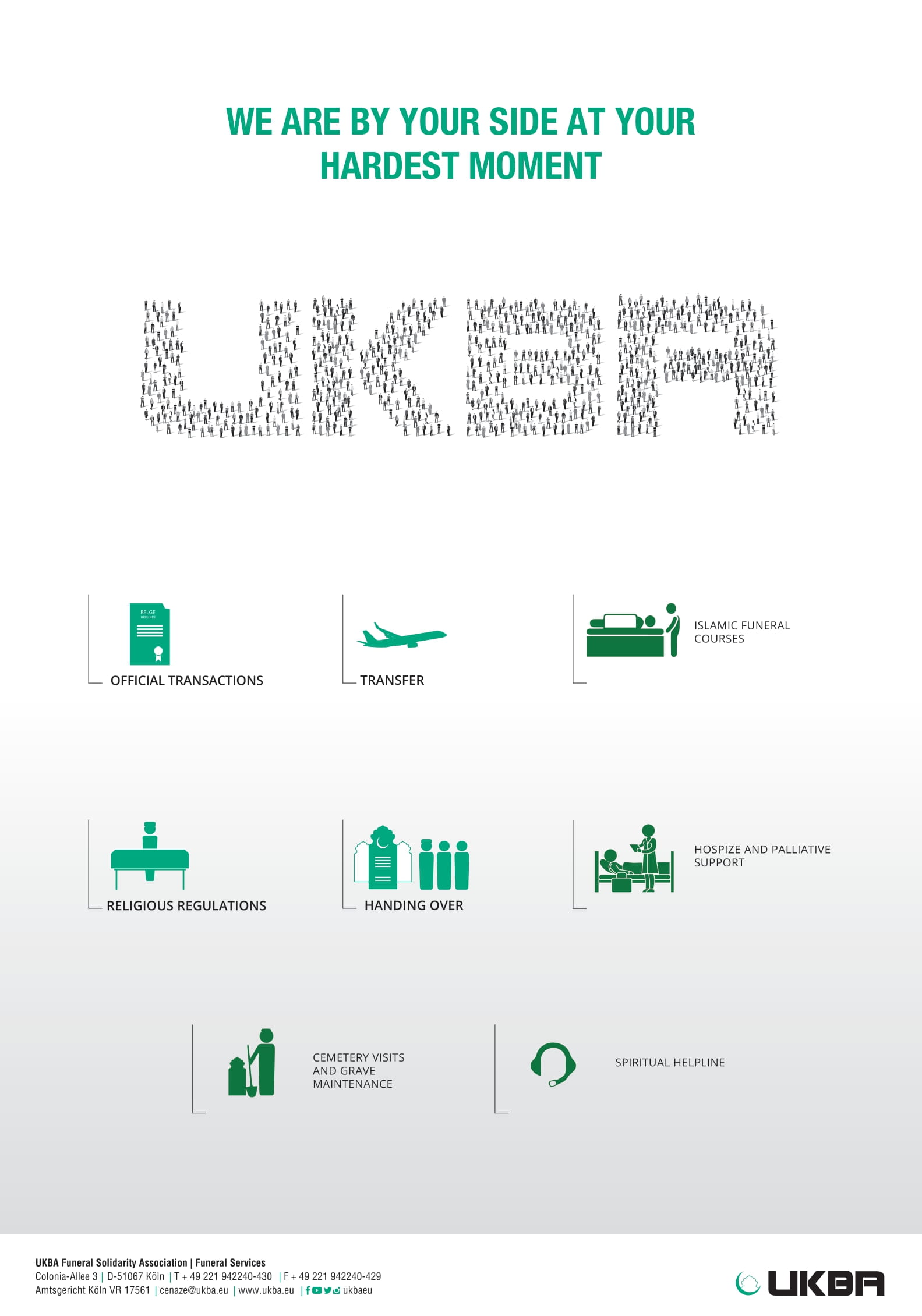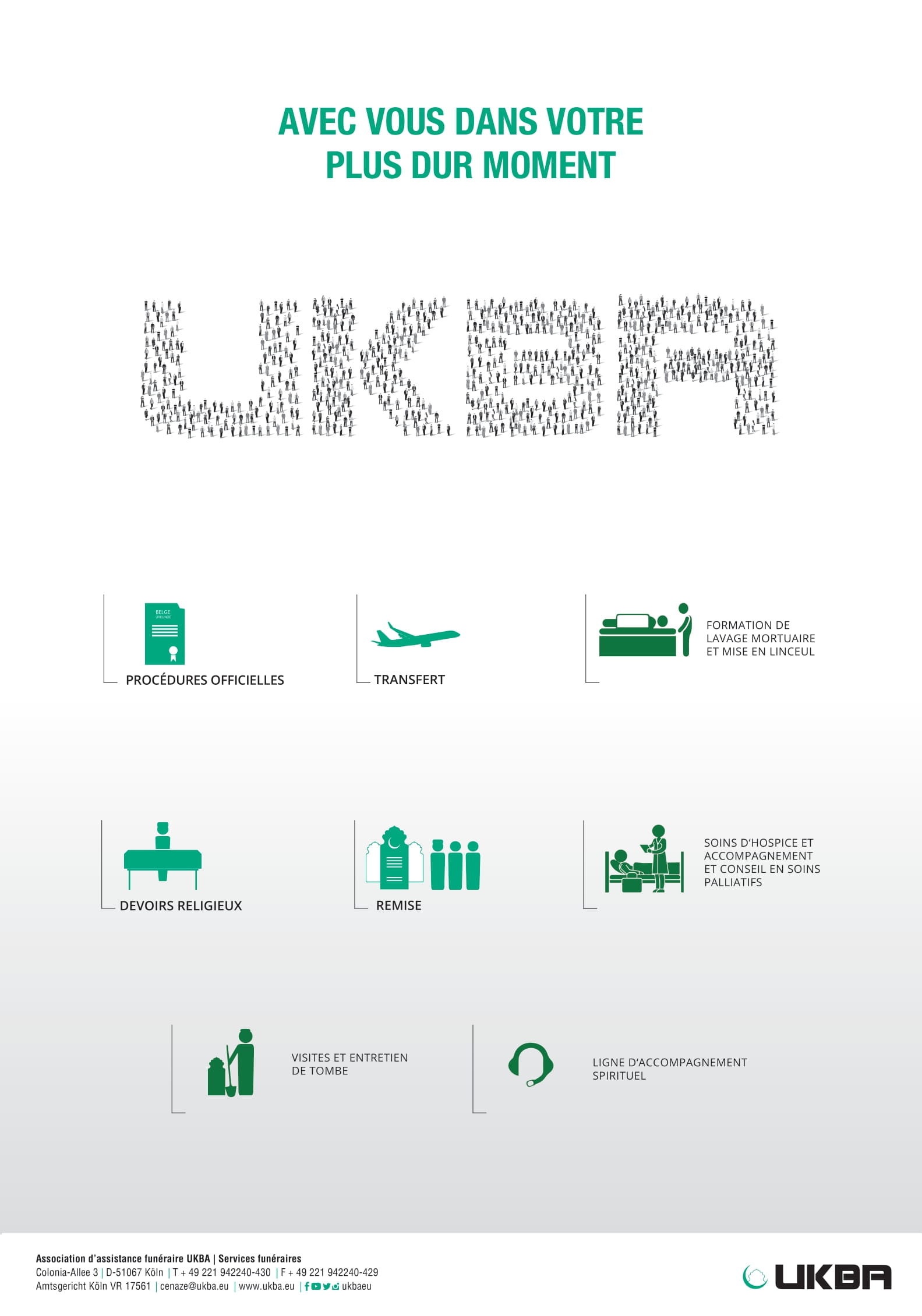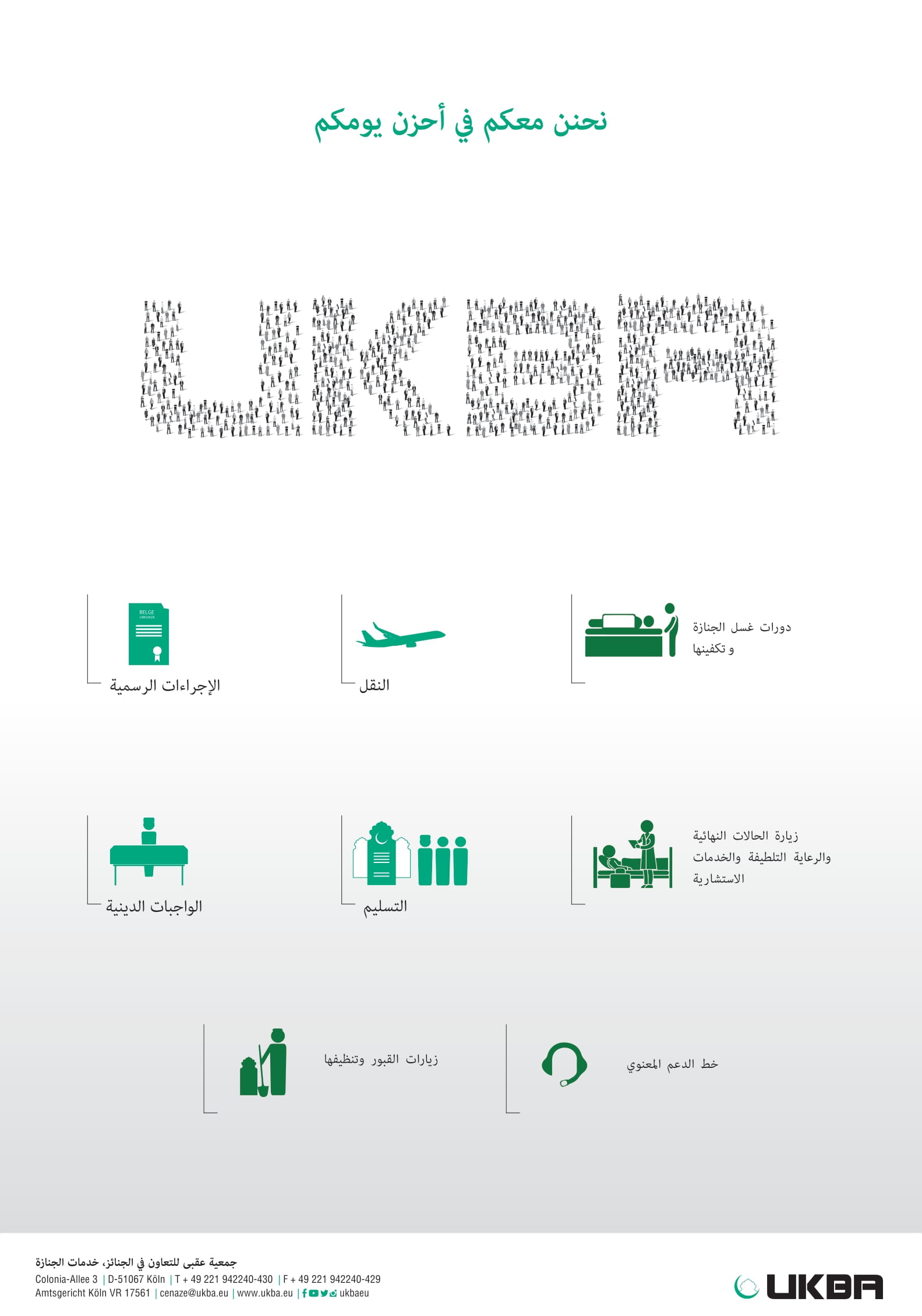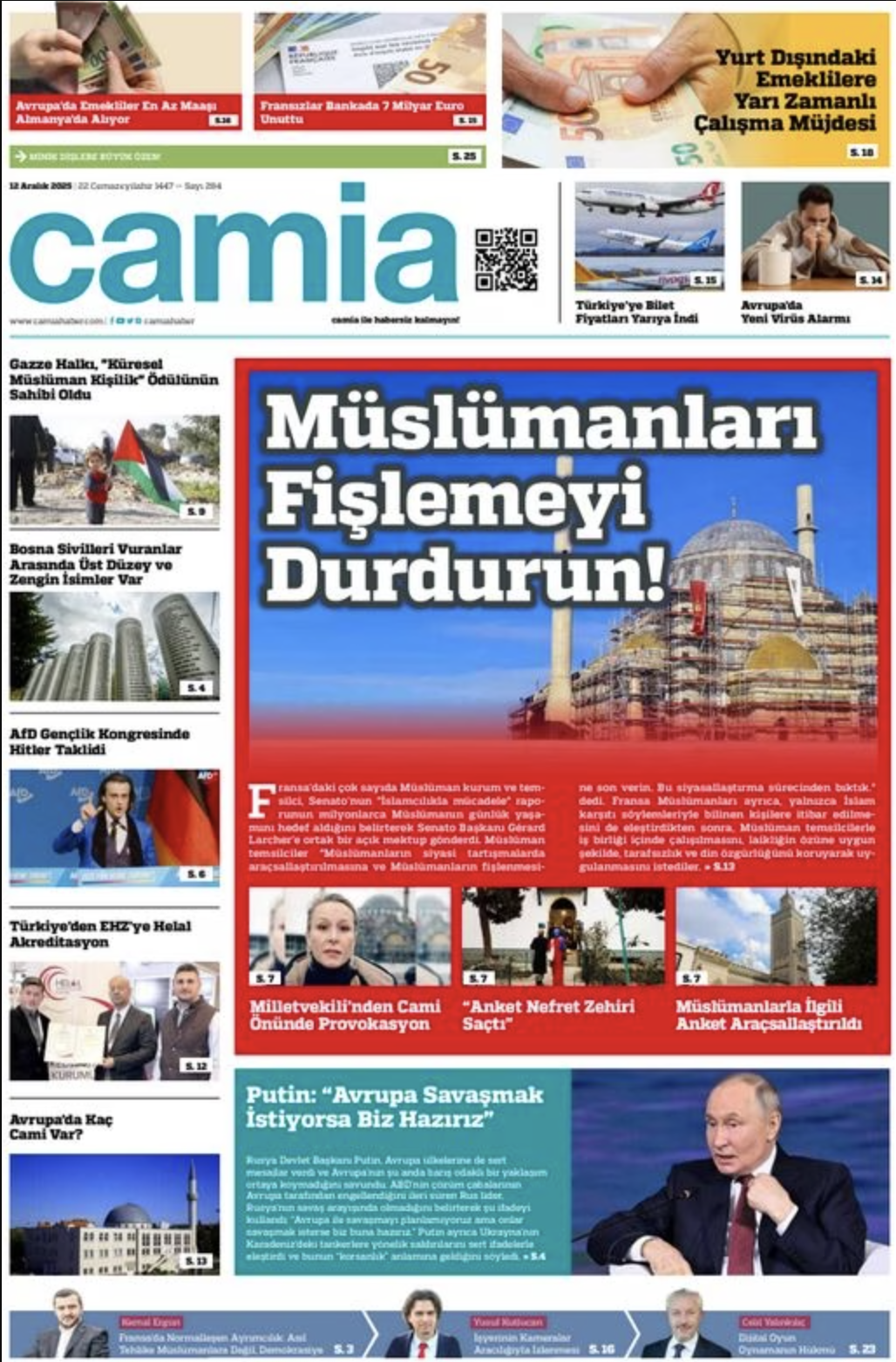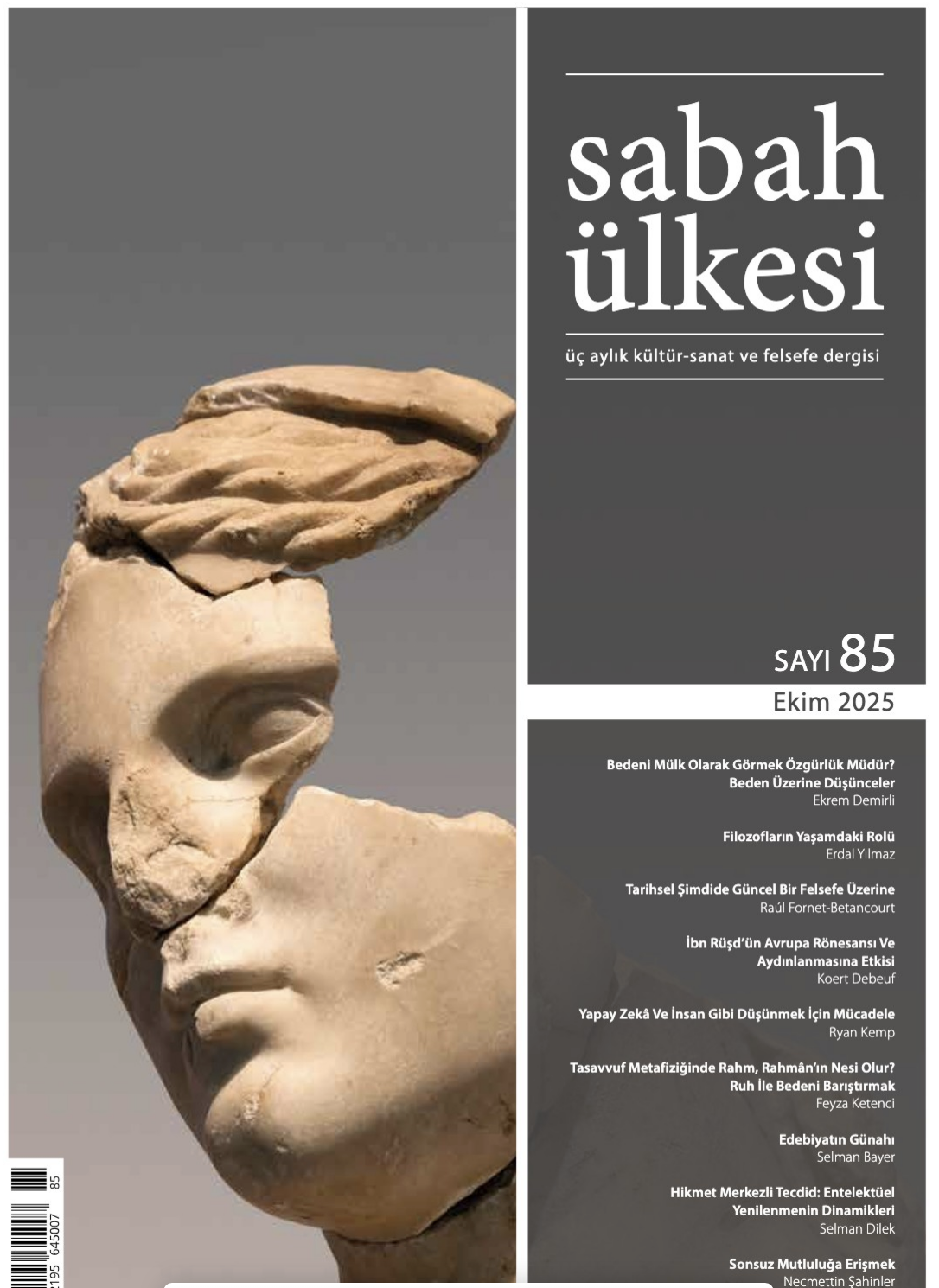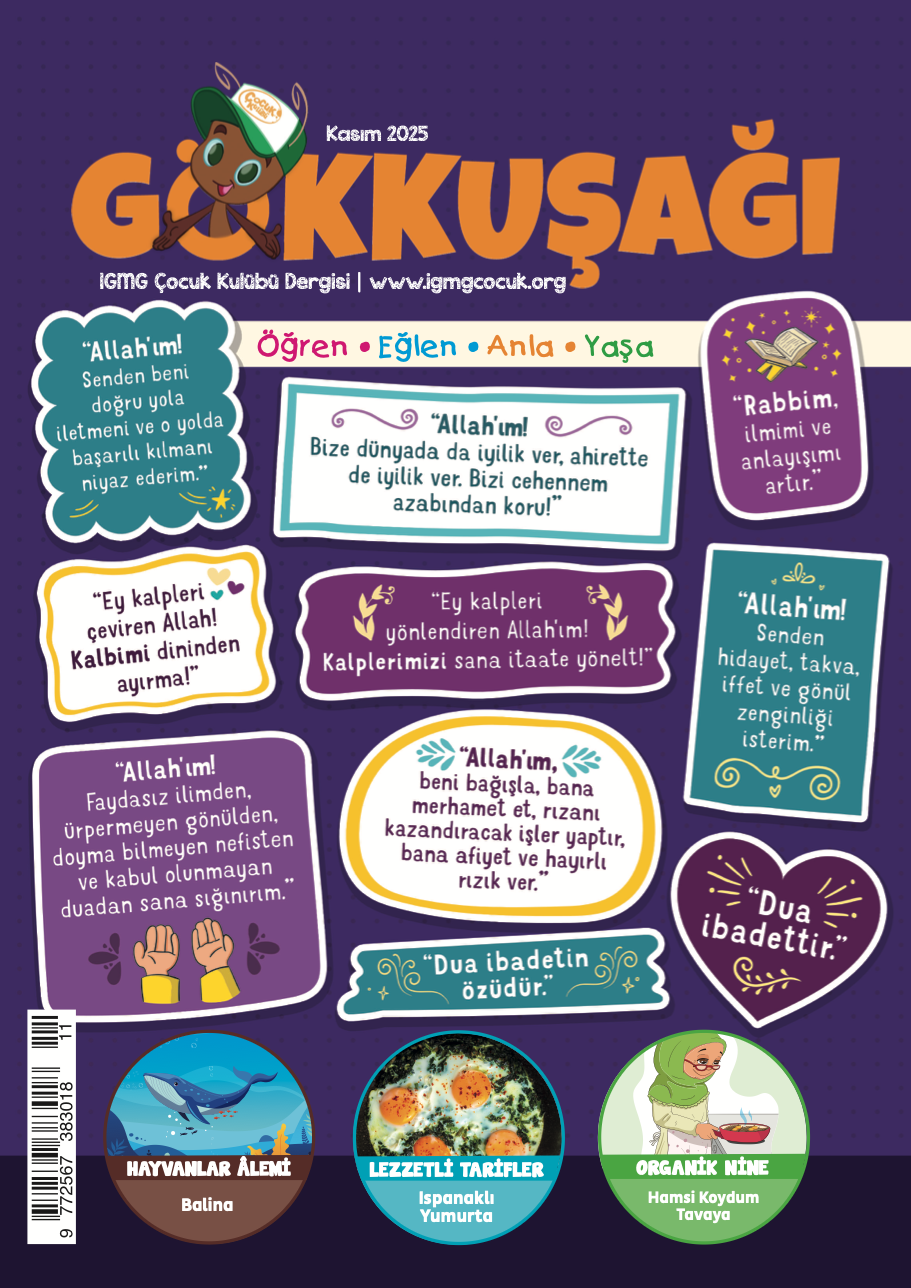Friday Khutba
Feeling of Solidarity and Brotherhood
23. February 2023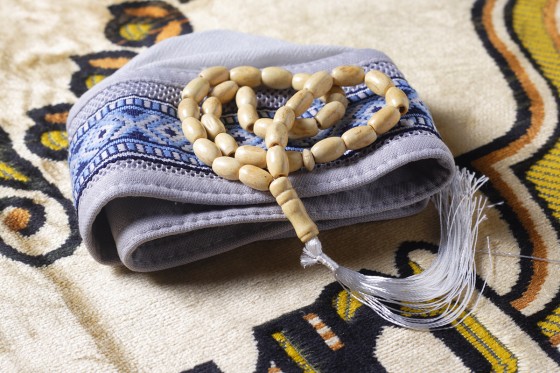
Dear Brothers and Sisters!
Allah (saw) has bestowed countless blessings on human beings. In addition to the blessing of food and drink, mind, will and awareness of responsibility are among the blessings bestowed on human beings. The religion of Islam has accepted man as a social and responsible being and has given him some individual and social responsibilities. One of these duties is the feeling of solidarity and brotherhood. For this reason, it is both a religious and a social duty to think about the world and society we live in and to support each other materially and morally.
Dear Jama’ah!
In the essence of Islam, there is cooperation, solidarity, sharing in pain and happiness. Giving zakat, helping the needy and the poor are signs of Muslim solidarity. Our Prophet (saw) developed a social solidarity model by ordering his ummah to visit the sick, attend funerals, help the weak, and extend a hand of mercy to the oppressed. The people of Medina, who hosted the immigrants who migrated from Mecca to Medina in their homes, went down in history as Ansar by helping them in every way, and exhibited an almost universal example of solidarity. According to what is reported from Abu Musa al-Ash’ari (r.a.), the Prophet (saw) said: “A believer to another believer is like a building whose different parts enforce each other.”[1] The Prophet (saw) explained this by clasping the fingers of his two hands together. For, believers helping one another and helping each other are like the joining of a building. In another hadith, he mentioned, “As long as the servant helps his brother, Allah is the helper of his servant.”[2] If Muslims do not help the victims and oppressed, do not show solidarity, and do not come together in difficult times, they will lose their power and sense of social solidarity. Allah (swt) has expressed the importance of solidarity and helping us in many verses in the Qur’an.
Allah (swt) states in the Qur’an that he would be pleased with those who compete in goodness and piety[3].
In addition, he defined Muslims as those who spend in the way of Allah (swt) in their states of abundance and hardship and stated that those who advised each other of truth and patience are not to be wasted.[4] The ayah that I have read at the beginning of my khutbah mentions, “For each [religious following] is a [prayer] direction toward which it faces. So race to [all that is] good. Wherever you may be, Allāh will bring you forth [for judgement] all together. Indeed, Allāh is over all things competent.[5] Adopting these principles as their motto, our ancestors established many organisations and charitable institutions to meet the needs of people. Caravansaries were built for the accommodation and rest of the stranded travellers and soup kitchens were built to feed the orphans. Zakat institutions and charity institutions were established to meet the needs of the needy.
Dear Brothers and Sisters!
With the solidarity and contributions of our community and members, we have extended a helping hand to many victims and oppressed people. You have contributed to many projects relating to orphans. You have built water wells in towns where water does not reach, you have been an Ansar to refugees who are victims of war, you have been a guest on the tables with your food packages in unfamiliar geographies, you have distributed smiles to children and you have shared the pain of mothers. You felt the cries of the oppressed. You came to the rescue of those who lost everything in flood disasters. Whilst not knowing anything about the person you are helping, you have extended a hand of compassion to many people. You supported the education of future generations in school projects and helped them become professional individuals. You opened your homes and mosques to the service of those in need. Again, with the prayers and support, you did not leave your brothers and sisters alone in Turkiye and Syria by providing logistical support including mobile clinics, mobile soup kitchens, food aid and many humanitarian aid materials to the earthquake regions.
I would like to end the khutbah with the following hadith: “Whoever takes care of his brother’s needs, Allah will also meet his needs. Whoever cures a Muslim’s troubles and sorrows and relieves him, Allah will therefore relieve him of any distress from the troubles of the Hour.”[6] May the blessed days and nights that we are in, make our sufferings to be relieved and the needs of the needy to be met. Ameen.
[1] Müslim, Birr, 65
[2] Müslim, Zikr, 37-38
[3] Surah Âl-i İmrân, 3:134
[4] Surah Al-Asr, 103:3
[5] Surah Al-Baqarah, 2:148
[6] Buharî, Mezâlim, 3
